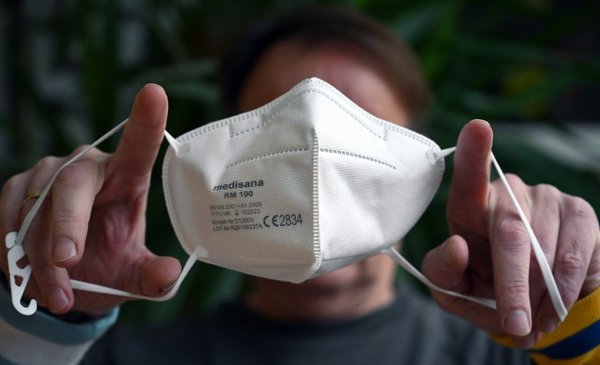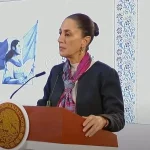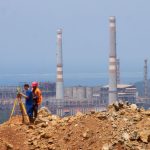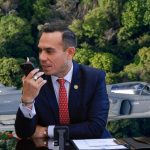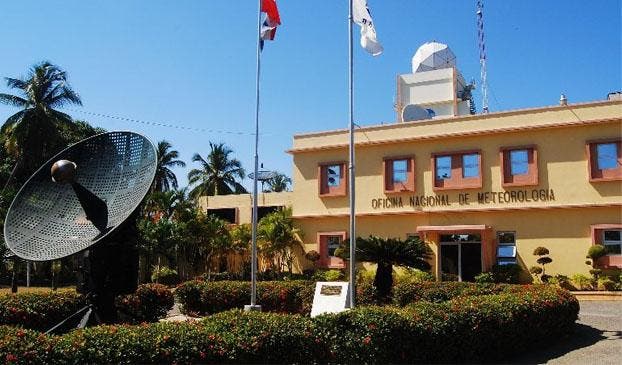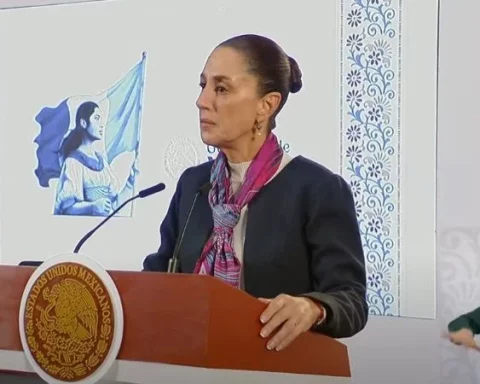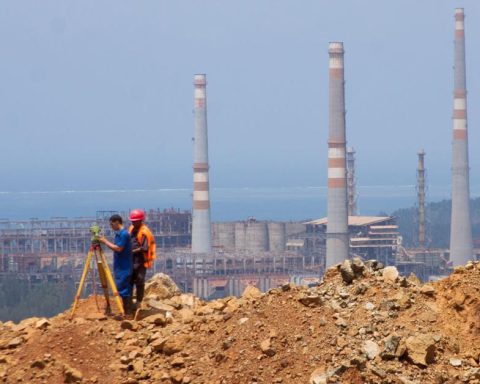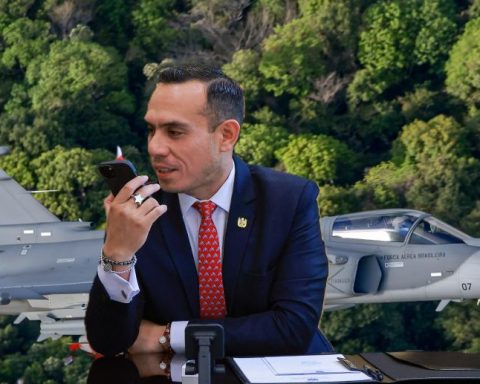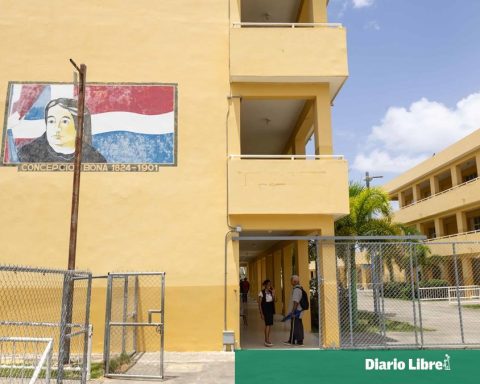Every day I wake up with the intention that this emergency ceases, ”said President Luis Lacalle Pou in El Espectador this Thursday, referring to the health emergency regulated by decree 93/020. Although they have been revoking articles as the sanitary problems have diminished, the elimination of the decree in its entirety is delayed for “both sanitary and administrative” reasons, official sources told The Observer.
The horizon is uncertain regarding the date on which the cessation could take place, due to these two issues. The first part, and perhaps the most complex, is that anchored to the health emergency, the government launched a wide series of measures, which must be considered on a case-by-case basis if it maintains them, to what degree, and how to regulate them once the decree disappears.
The main one is the Coronavirus Fund, which has planned financing for the value of 400 million dollars for this year, as announced by the Minister of Economy, Azucena Arbeleche. This fund, which distributed US$ 1,153 million in 2021, finances everything from unemployment and sickness benefits, to hospital expenses, through exemptions to sectors affected by the pandemic and payments to mutualists for swabs. President Lacalle stated that a million dollars were paid per day for tests to detect covid-19.
The first article of Law 19,874, which creates the covid-19 solidarity fund, establishes that it is intended to attend “exclusively” the expenditures of “all state activity aimed at protecting the population against the national health emergency”, the activities of the National Emergency System (Sinae) in the same context and the sickness and unemployment insurance benefits granted by the Social Security Bank (BPS).
Although the Minister of Economy, Azucena Arbeleche, pointed out that this money is already allocated to financing the fund in 2022, the revocation of the health emergency would mean its elimination. Unless an alternative legal form could be found – a law or decree – to be able to maintain it.
“There is the mother of the child,” the president replied when asked about it on Telemundo, specifically about what would happen to the financial support if the health emergency fell. “As we believe that there will be a recovery of many activities, it will be focused on certain activities,” he developed. Among them he mentioned the tourist area, to whom the benefits were extended until April of this year. Among the expenses that could be reduced, he named the PCR tests. He noted that fewer tests are now done because of new protocols or other cheaper methods, such as antigen, can be used.
In terms of social assistance, among other things, the fund finances food tickets from the National Food Institute (INDA), its supplements, the duplication of family allowances and supplements from the Uruguay Social Card. Regarding that, the president pointed out that as employment recovers and the economy grows, fewer people will need these supports and they will be restricted.
On the other hand, the Coronavirus Fund also finances unemployment insurance, which in 2021 meant an outlay of almost 234 million dollars, in a total expense of the fund of 1,153 million dollars. Partial unemployment insurance, which according to the website of the Ministry of Labor, was created for workers “affected by the health emergency.” This regime remains in force until March 31 and from the ministry they are working together with the Presidency and the Economy on the possibility of extending it.
Beyond economic reasons, the health emergency decree also regulates the conditions of entry into the country. The last modification was made less than 15 days ago through a Public Health ordinance, which refers to a decree, which is based on the health emergency to act. This last change introduced the novelty that only a negative antigen test is necessary to enter Uruguay, while previously a PCR was required (a slower and more expensive test, but more reliable). Nor did it discriminate between the vaccinated and the unvaccinated.
The “sanitary” reason that the Executive pointed out to stop the lifting of the health emergency responds to the number of cases that the country still has. Although the peak of the wave by omicron has decreased, infections are still around two thousand cases per day and this week the figure of 7 thousand deaths with a diagnosis of covid-19 was reached. Although the “social” end of the pandemic – as the leaders of the Scientific Advisory Group have described it – is imminent, the Ministry of Public Health is still cautiously looking at the number of infections.
